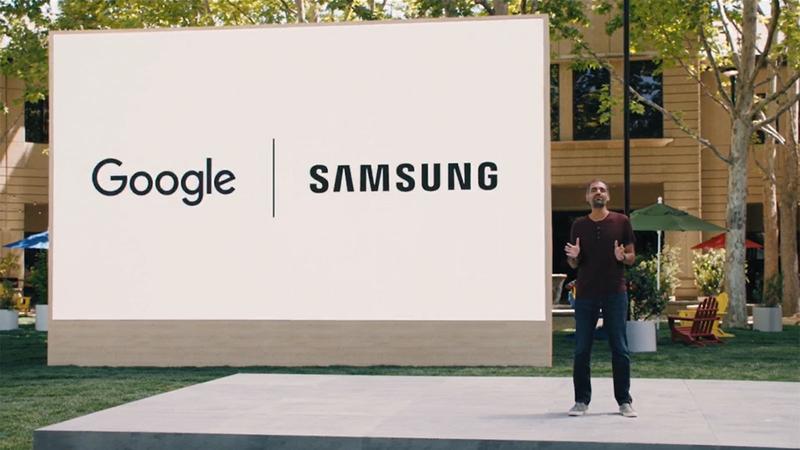How Agencies Are Adapting to the Metaverse? : Strive to adjust strategies to maintain competitiveness
In 2022, as brands accelerate their metaverse activities, agencies are busy adjusting their strategies to remain competitive in the coming virtual world. Lately, protometaverse platforms like Roblox and Fortnite have been flooded with virtual activity from brands like AT&T and Ralph Lauren. These branded spaces are often built by ingame developer studios. Most of them are studios that ended up entering. “Initially, we were mostly approached by Fortnite developer Epic Games, which led to connections with different brands,” said CEO of Fortnite studio Atlas Creative. says Michael Hellinger. Current customers of the latter include South Korean telecommunications giant LG, Dell's hardware subsidiary Alienware, and the NBA. “Our business model is currently split into two broad categories – Epic Games branded and third party.” These in-game studios are essentially functioning as metaverse agencies, responsible for planning and executing virtual activities for brands much like traditional agencies in the physical world. No, it's not that the Metaverse has completely left traditional agencies in the dust—in Atlas Creative's LG case, for example, the latter's in-house agency is responsible for the planning itself. ─ but activities such as NASCAR's recent foray into Roblox are being planned and implemented by developers alone, without the help of agencies. NASCAR provided the intellectual property and visual assets, and developer studio Badimo incorporated them into Roblox's game Jailbreak. That’s it – no room for agencies to poke their noses into. Indeed, the emergence of these in-game studios and the resulting partnerships they have with brands poses a threat to traditional agencies. “I don’t think any agency can afford to ignore this new space,” said Charles Hambro, CEO of esports/gaming consultancy and data platform GEEIQ. "As you remember, in the '90s there was a shift away from print advertising, and all of a sudden social media came along and we were all like, 'This sucks, we need a strategy for social media.' It's the same, many of the brands and agencies I know are citing that moment and saying they feel the same way we did when we moved from print to social media. I had to learn a whole new world."









